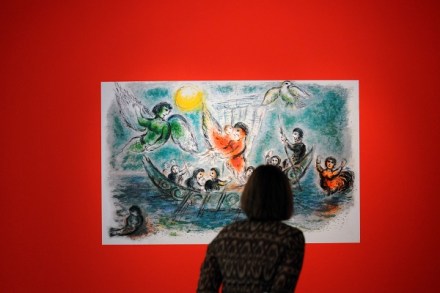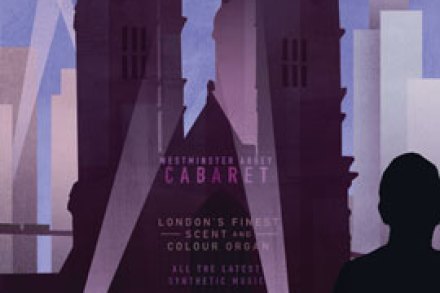Birds & People, by Mark Cocker – review
‘A world without birds would lay waste the human heart,’ writes Mark Cocker. Following his Birds Britannica and prize-winning Crow Country, in Birds & People he embraces the planet, with the help of the wildlife photographer, David Tipling, and the ‘650 contributors from 81 countries’ to whom the book is dedicated. He begins his cultural celebration of the earth’s 200 recognised bird families with one of ‘the most primitive’, the partridge-like tinamou from South America. Tinamou are loth to fly, not surprisingly since once airborne they tend fatally to crash into things, even houses. A near relative is the completely flightless common ostrich, the largest surviving bird. The ubiquity of














